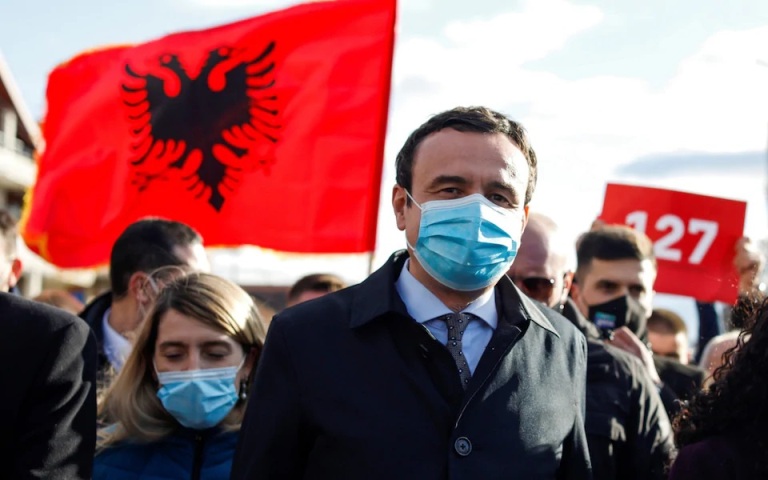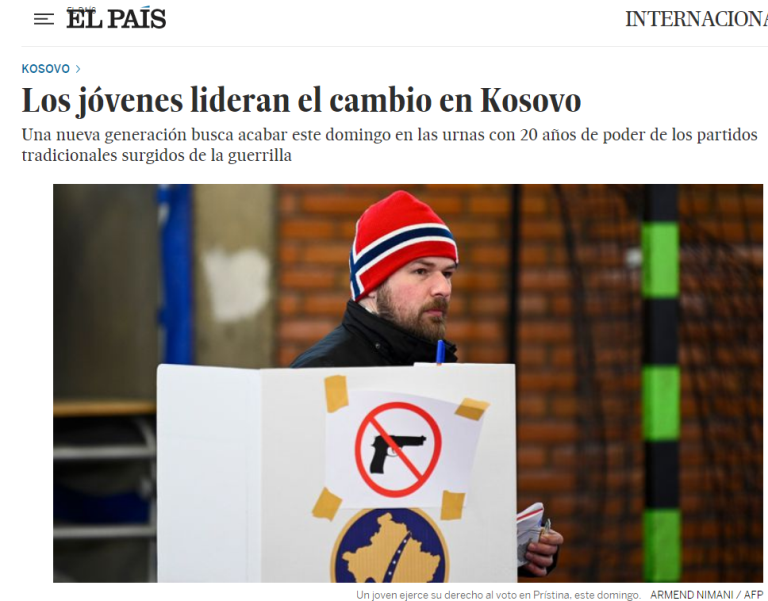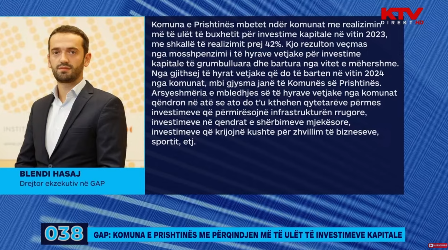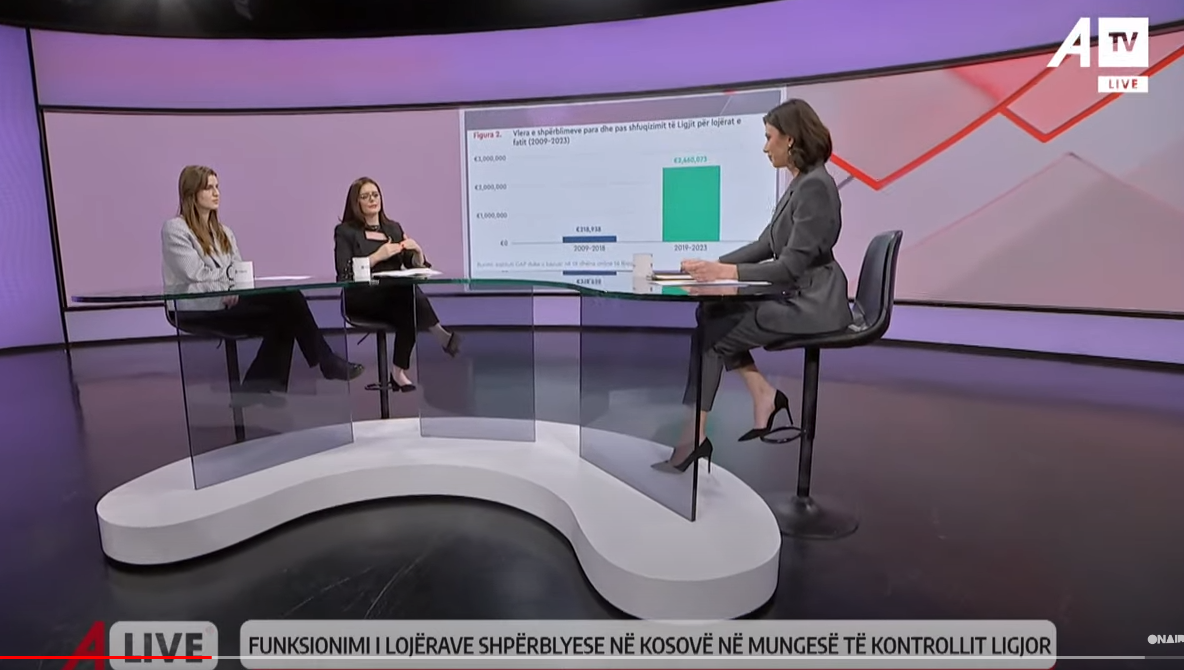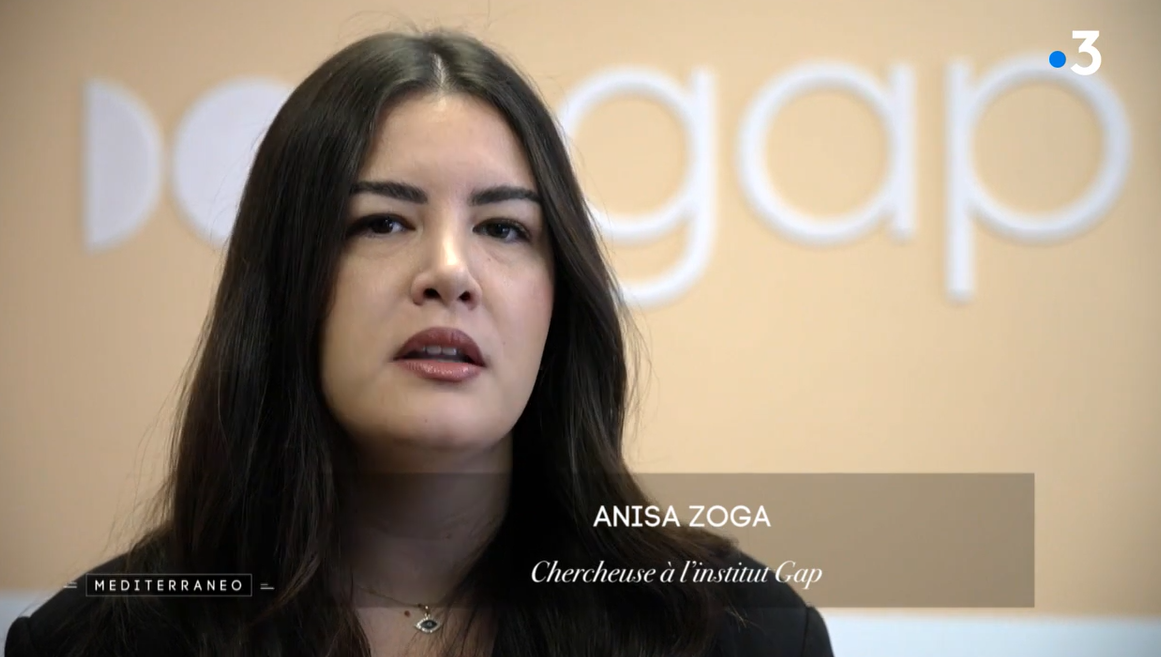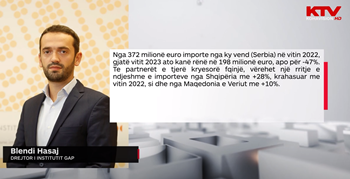GAP Institute held a debate titled “Does the Budget for 2016 guarantee a better report of European Commission for Kosovo?”
17/03/2016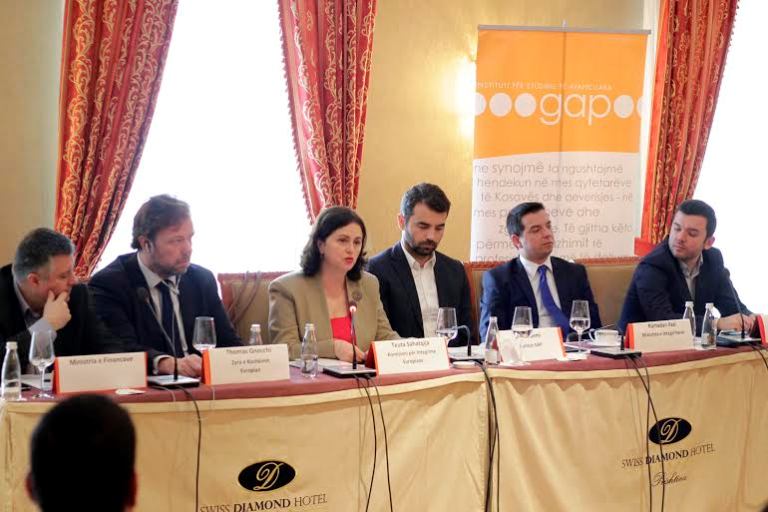
Today, GAP Institute, in cooperation with public institutions, held a debate titled “Does the Budget for 2016 guarantee a better report of European Commission for Kosovo?” The European Commission Report for Kosovo (known as Progress Report up until 2014) was published on November 11, 2015. A few days later, the Assembly of Kosovo approved in principle the Law on Budget 2016, without substantial discussion with regard to challenges addressed in the report of European Commission through the Budget of 2016.
In this debate, GAP Institute presented the analysis titled “Budgetary capacities for a better Country Report from EU for Kosovo in 2016,” which juxtaposes the budgetary categories against the recommendations of the European Commission Report for Kosovo. GAP recommends increasing the budget for some policies and public institutions like: the Department for the Public Administration Reform Management, Kosovo Institute for Public Administration, the Kosovo Energy Efficiency Agency, and Kosovo Competition Authority etc.
Deputy Minister for European Integration, Mr. Ramadan Ilazi, pointed out the change in methodology and format of the report, which from 2015 has been called ‘country report’ contrary to ‘progress report’ as it had been called until then. According to Mr. Ilazi, the main focus of the public institutions regarding fulfilling the criteria for EU membership is the implementation of the Stabilization-Association Agreement (SAA), for which the National Program on SAA Implementation has been approved; the Republic of Croatia has helped in the process of drafting this plan. Deputy Minister Ilazi emphasized once again aspects where greater improvement is required, such as budget transparency and matching of budgetary plans with long-term development strategies. MEI has taken into consideration the recommendations and remarks of NGOs up until now, and will continue to do so in the upcoming processes, said Deputy Minister Ilazi.
The representative of the Ministry of Finance, Mr. Salvador Elmazi, stated that many of the challenges identified on the European Commission Report for Kosovo 2015 have been addressed through the working plan of the Government for 2016. Successes for this time period, according to Mr. Elmazi, were the new fiscal policies, especially the removal of the impact of daily politics in fiscal projections; the incorporation of the financial rule that links wage increases in the public sector with the overall economic performance, reporting of financial statistics as per the requirements of IMF, etc.
The head of the Parliamentary Committee for European Integration, Ms. Teuta Sahatqija, emphasized the importance of increasing the over-sighting capacities of the Assembly, to perform the additional tasks that come out of SAA, and an accompanying budgetary increase for these tasks. Ms. Sahatqija also recommended looking into a more efficient use of IPA funds and other donations to address the challenges for Kosovo, considering that not all of them can be covered from the state budget.
Mr. Thomas Gnocchi spoke in this debate on behalf of European Union Office in Kosovo. He justified the new methodology of the European Commission for reports for the candidate countries seeking membership. As per the new methodology, European Commission does not only measure the progress from last year, but gives a more comprehensive picture of the current situation in the country. Reports for 2016, which have recently started to be drafted, will incorporate new fields of reporting. Mr. Gnocchi pointed out that not all challenges mentioned in the European Commission Report for Kosovo 2015 require budgetary capacities. A considerable amount of them requires only political will. It is also true that there are other challenges that could not be overcome without budgeting lines. Even though an improvement in the budget for judiciary institutions can be noticed, there are still great challenges ahead in this field. According to Mr. Gnocchi, because the budget is finite and challenges are great, Kosovo needs a better prioritization of its policies so that bigger challenges can be solved first and thus, make a substantial difference.
The participants in this debate agreed that a debate of this nature should continue and not only in the aftermath of the publication of the Report for Kosovo. The European Commission Report for Kosovo 2016 is expected to be published in November.
Click HERE to read the full analysis.






